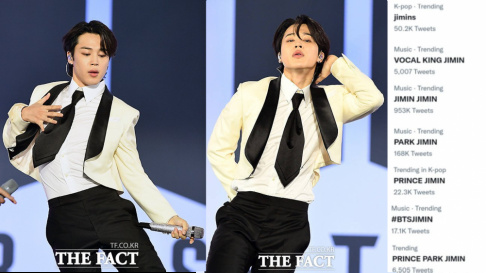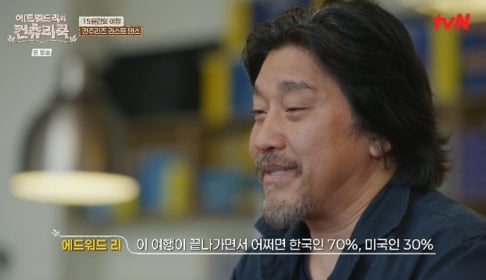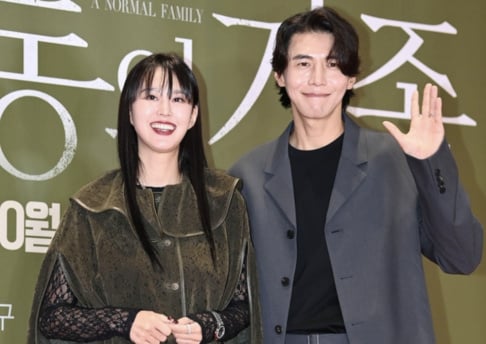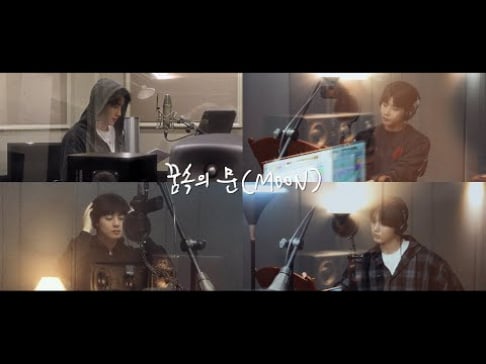The Oxford English Dictionary has added 26 new Korean words following the rise of Korean culture and language in English-speaking countries.

The words added include popular food dishes such as 'japchae' (glass noodles) and 'bulgogi' (meat dish) as well as the nouns 'banchan' (side dishes) and 'mukbang' (eating show). There are also a number of exclamations and terms familiar with many who watch Korean content, such as 'daebak' (an exclamation of enthusiasm) and 'aegyo' (cuteness).
The dictionary has added the terms of address for 'unni' (older sister to woman), 'noona' (older sister to man), and 'oppa' (older brother to woman). However, the term 'hyung' (older brother to man) is notably absent from the list.
Check out the full list of updates and additions below! What words would you like to see added next?
Words of Korean origin added to the OED in the September 2021 update
- aegyo, n. and adj.
- banchan, n.
- bulgogi, n.
- chimaek, n.
- daebak, n., int., and adj.
- dongchimi, n.
- fighting, int.
- galbi, n.
- hallyu, n.
- hanbok, n.
- japchae, n.
- K-, comb. form
- K-drama, n.
- kimbap, n.
- Konglish, n. and adj.
- Korean wave, n. in Korean, adj. and n.
- manhwa, n.
- mukbang, n.
- noona, n.
- oppa, n.
- PC bang, n.
- samgyeopsal, n.
- skinship, n.
- tang soo do, n.
- trot, n.
- unni, n.

 SHARE
SHARE












































This is funny. Now I can tell people to "look it up." They treat me as if I'm crazy when these words slide out my mouth in natural conversation. 🤣
2 more replies